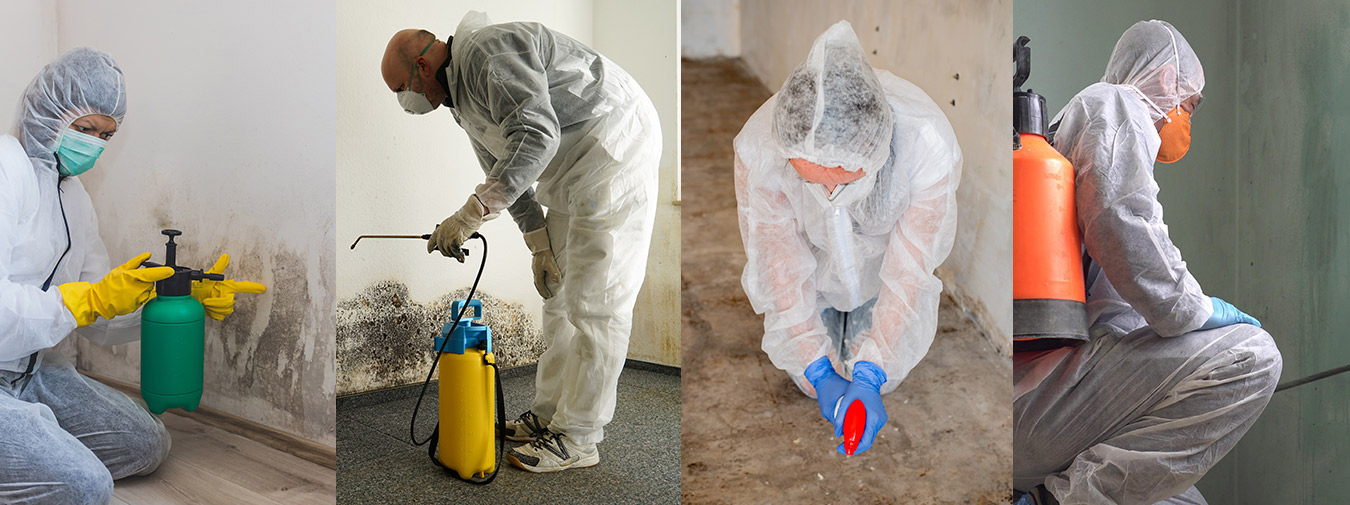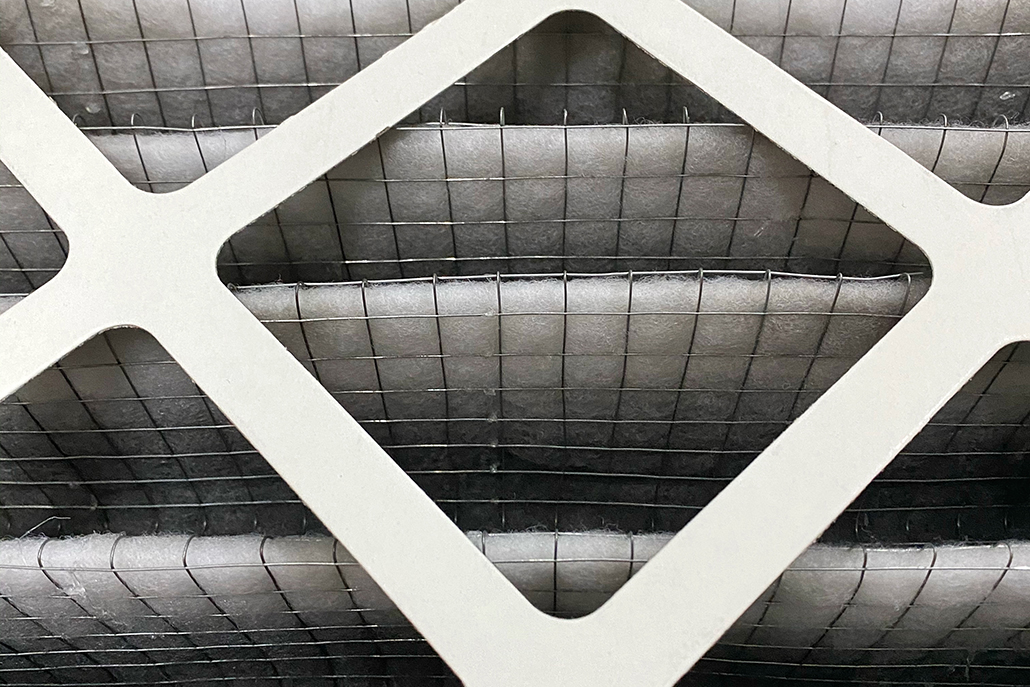Why Use A HEPA Filter?
We’ve all been there: you’re feeling under the weather, but you don’t know what’s causing it. You go to the doctor, who says that your symptoms are likely due to an allergy or another illness. They prescribe an antibiotic or steroid medication that helps with the symptoms but doesn’t actually get rid of them entirely. What WILL get rid of them? A HEPA filter!
What is a HEPA filter?
A HEPA filter is a type of air filter that can be used to remove dust and other airborne contaminants from the air. HEPA stands for “High Efficiency Particulate Air,” which refers to the filter’s ability to capture particulate matter from the air at an efficiency rate of 99.97% or greater. This means that only 0.03% of particles pass through the filter unharmed, which makes them extremely effective in terms of trapping pollutants in your home or workplace.
The name “HEPA” was created by combining two words: high and efficiency (or effectiveness). The H indicates that this type of filter has been tested in accordance with standards set by the US Department of Energy and DOE-STD-3001-89. This means it should perform well when collecting harmful particles such as asbestos fibers or mold spores from industrial environments like factories or laboratories – places where there is heavy machinery operating around them all day long.
Why is a HEPA filter important?
A HEPA filter is an air filtration device that removes airborne particles from the air. HEPA stands for high-efficiency particulate air, and these filters are designed to capture 99.97% of airborne particles such as mold spores, pollen, pet dander and other irritants. HEPA filters can be used in a variety of applications including allergy relief systems, air purifiers, and vacuum cleaners (among others).
Reasons to use a HEPA filter:
You may be wondering, “What other reasons are there to use one?” Well, for starters:
- For allergy sufferers and people with asthma, HEPA filters can help remove allergens from the air.
- People with COPD (chronic obstructive pulmonary disease) such as emphysema or chronic bronchitis may also benefit from using a HEPA filter in their home. This is because it reduces indoor dust particles that can trigger an attack.
- If you live in a city or are exposed to second-hand smoke or cigarette smoke on a regular basis, investing in this technology will improve your health considerably. It’s also useful if you work in construction or do manual labor outdoors and come home covered in dust. The better quality the filter is, the more effective it’ll be at removing contaminants like these from your environment.
HEPA filters are the best way to clean up mold and other airborne irritants. A HEPA filter has a very high efficiency rating, meaning that it can trap particles as small as 0.3 microns in size. These tiny particles include things like mold spores, pollen, dust mites and even bacteria—things that you don’t want to float around your house when you’re trying to clean up after an infestation.
Some might seem a bit expensive but they’re well worth the cost. Especially if you plan on doing any significant cleaning of your space or air ducts after a water damage incident or any time there is visible mold growth (e.g., black mold).
How to choose a HEPA filter
You can buy HEPA filters online or at a hardware store near where you live. However, don’t just grab the first one you see. There are many different types on the market, and it’s important to get one that is the correct size for your room. They come in different sizes and dimensions, so make sure to measure out your room before you buy a new filter.
Also keep in mind that not all HEPA filters are created equal! While there isn’t a perfect model out there yet, there are some things we recommend looking for:
- A minimum efficiency rating of 99.97% – This means that 99.97% of particles 0.3 microns or larger will be captured by this particular model.
- Easy installation – This can be as simple as Velcro tabs or screws/bolts into place; just make sure whatever method is chosen doesn’t require special tools or skillsets from users since many people may need help installing these things!
- Easy removal/replacement procedures – When cleaning time comes around each week/month/year -depending upon how often they’re used in an average household setting – you don’t want it to be a complicated process.
Get Advice on HEPA Filters from the Mold Experts at TCB EnviroCorp
Overall, there are many benefits to using a HEPA filter when cleaning up mold or other airborne irritants. These include reducing the risk of exposure to harmful chemicals, improving air quality, and reducing allergies. If you need help measuring your space and finding an appropriately sized filter, we can help. Or if you just have questions about HEPA filters and would like more information on how they work, contact us anytime!







